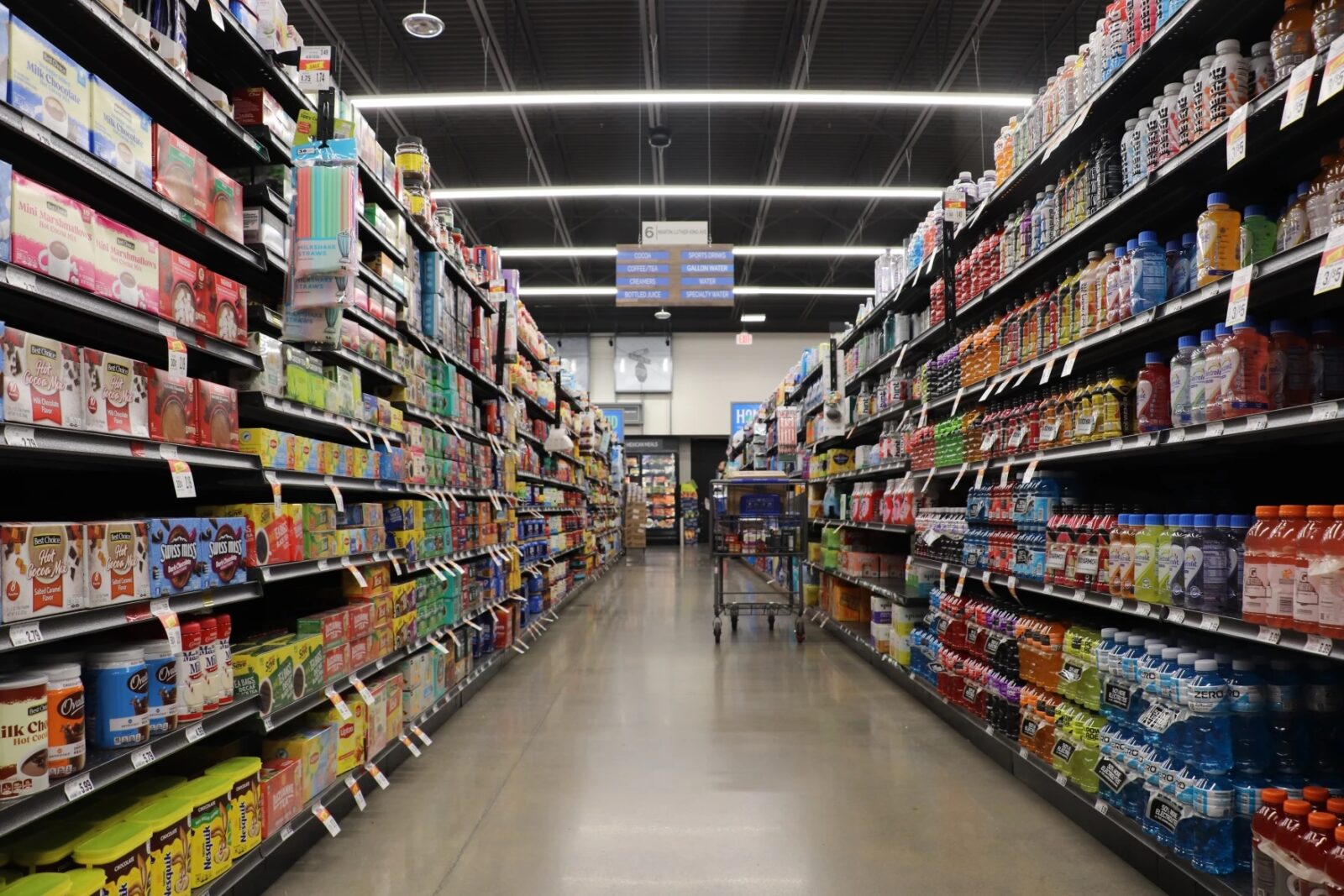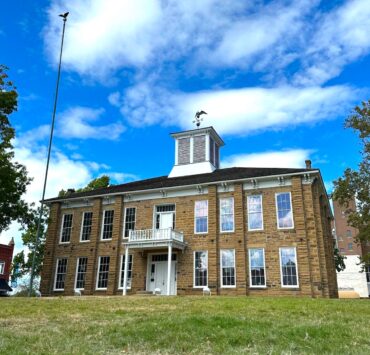
LOCAL
Anna Pope,KOSU
The U.S. Department of Agriculture has now approved 12 waivers from states seeking to exclude certain foods purchases through the Supplemental Nutrition Assistance Program. Anna Pope,KOSU
The U.S. Department of Agriculture has approved Oklahoma’s waiver request to exclude certain junk foods from the Supplemental Nutrition Assistance Program, called SNAP.
As part of the Make Oklahoma Healthy Again Campaign, Gov. Kevin Stitt announced the state is requesting a federal waiver to exclude certain junk foods from SNAP purchases. Almost 700,000 Oklahomans participate in the program, according to the USDA.
U.S. Agriculture Secretary Brooke Rollins, alongside U.S. Health Secretary Robert F. Kennedy Jr. announced she signed Oklahoma’s and five other states’ requests on Monday.
The waivers change the definitions of food for purchase for SNAP in the states, with Oklahoma’s expected to take effect next year. Before Rollins was secretary of agriculture, the USDA denied similar SNAP restriction requests.
During the announcement, Rollins said the department has encouraged states to think differently to address the nation’s health challenges, including not allowing taxpayer-funded money to go toward unhealthy foods. She said these waivers are a piece of the larger Make America Healthy Again campaign.
“We work so closely together to encourage voluntary commitments to remove artificial food dyes among other things from our food supply,” Rollins said. “And together we are crafting sensical dietary guidelines for Americans that prioritize whole, healthy and nutritious foods.”
In a press release, Stitt said he is grateful for Kennedy and Rollins’ support.
“It’s common sense that taxpayer money shouldn’t pay for foods that make us sicker,” Stitt said. “I’m glad we’re finalizing this waiver for the health and well-being of Oklahomans.”
But experts and anti-hunger advocates say it is complex. When Oklahoma SNAP waiver restriction was announced, Chris Bernard, CEO and president of Hunger Free Oklahoma, said the approach was “misaligned” and SNAP recipients buy food similarly to other Oklahomans.
“Singling out low-income families for restrictions that don’t apply to anyone else is both unfair and ineffective if the goal is to improve public health,” Bernard said in the statement.
Since then, he said the waiver’s definitions are confusing.
Currently, on a national level SNAP participants can’t use their benefit dollars to buy items like alcohol, tobacco, vitamins, medicines and foods that are hot when sold. Oklahoma’s waiver request adds “soft drinks” and “candy.”
The waiver’s definition of “soft drinks” is nonalcoholic beverages containing sweeteners including soda, energy drinks, sport drinks, sweetened bottled or canned tea and flavored water. But there are exclusions like if a beverage contains milk or milk substitutes, or if it contains more than 50% fruit or vegetable juice.
The definition for “candy” includes solids, semi-solids or molded preparations of sugar, sweeteners or chocolate with or without ingredients like fruit and nuts that are “commonly marketed” as candy, chocolate bar, chewing gum or similar confectionery.
It does not include baked goods such as cookies, bread or pastries.
Another change is coming for SNAP as well: the GOP’s recent Big Beautiful Bill Act. The act will soon force states to pay millions of dollars more for SNAP and tweak existing programs. In Oklahoma, food advocates estimate it will cost about $300 million annually.
In a statement, Carrie Snodgrass, a spokesperson for the Oklahoma Department of Human Services, said officials are still working to assess the federal law’s impact on services.
“As implementation moves forward, we remain committed to working hand-in-hand with these partners and our communities to ensure all Oklahomans are informed throughout the transition,” Snodgrass said in a statement. “Further information will be provided in the coming weeks as more details become available.”
This article was originally published by KOSU. You can see the original story here.









